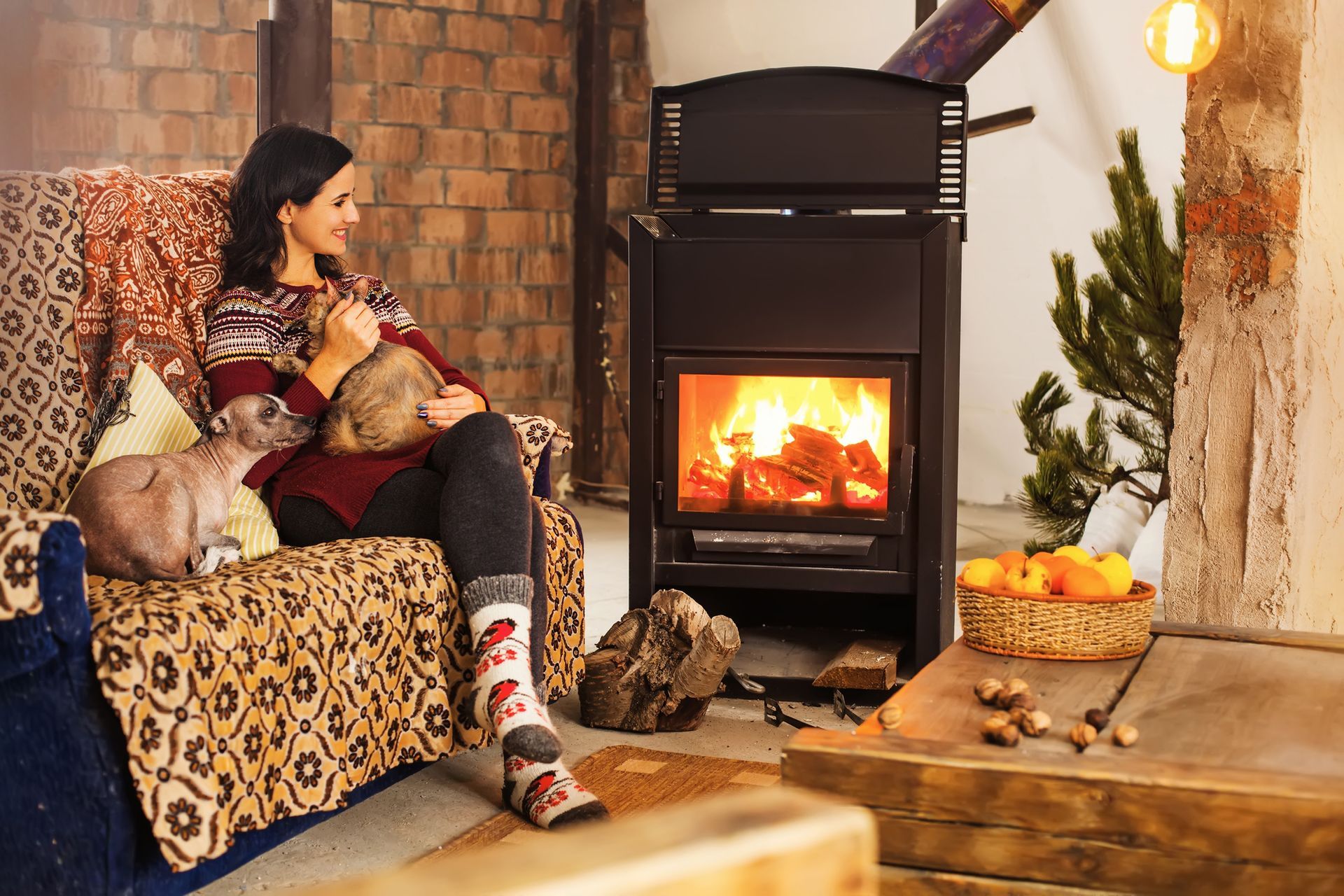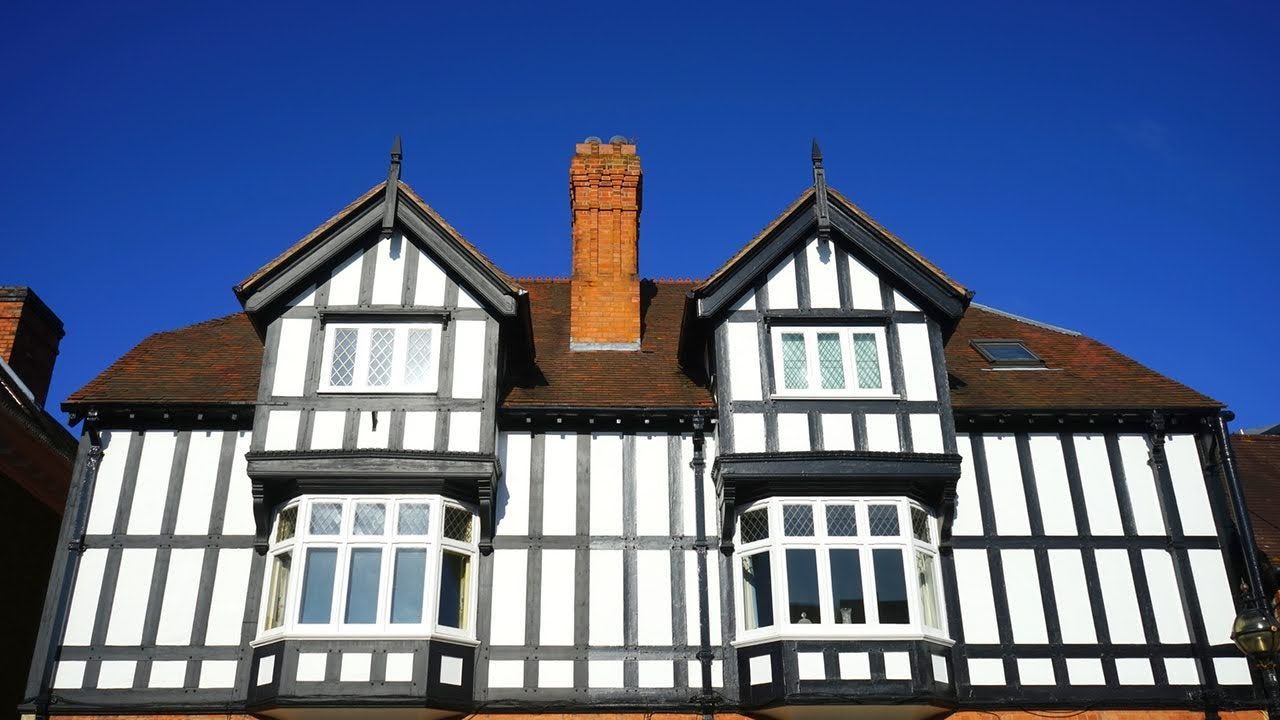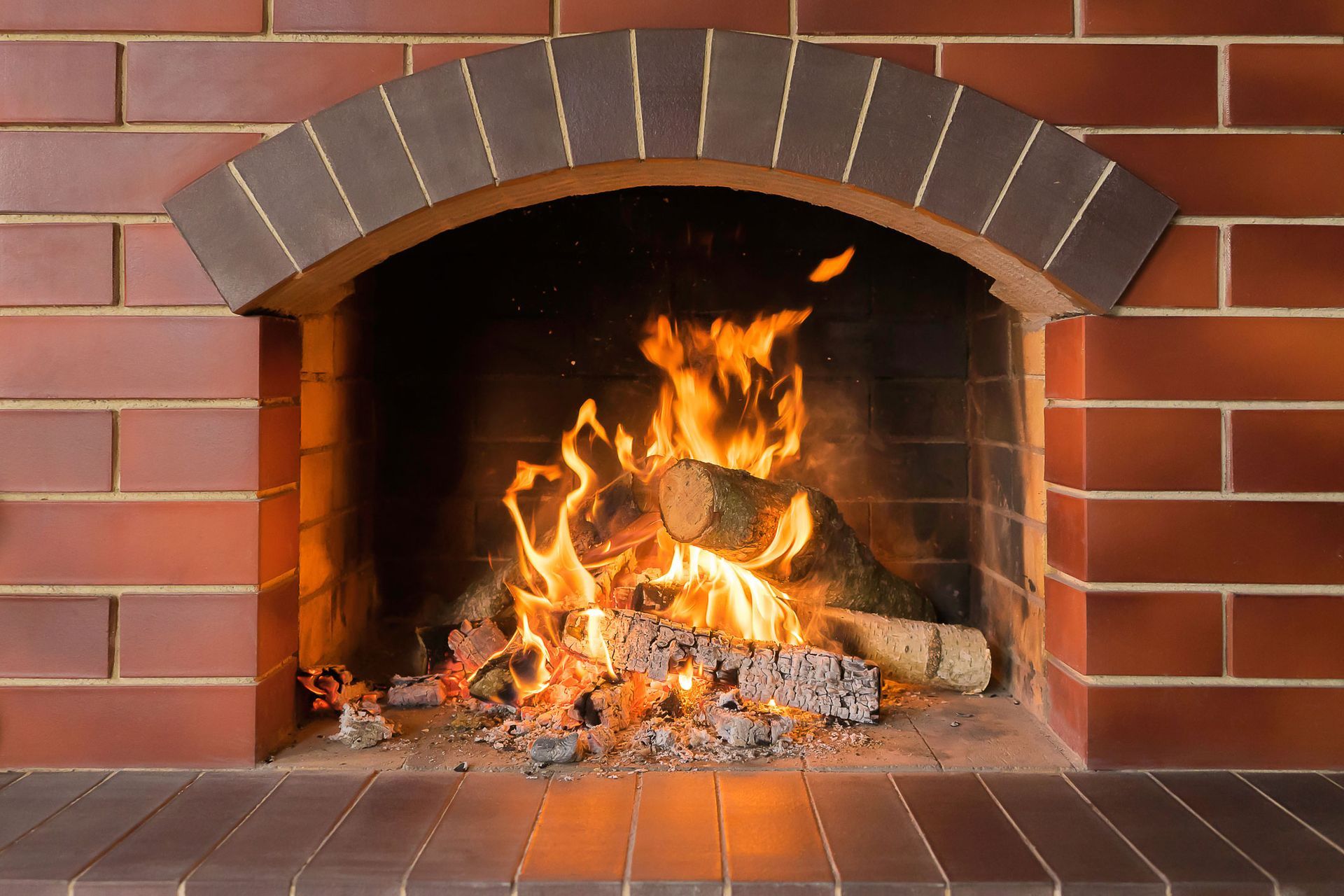What To Do About Animals in Your Chimney
Have you heard noises or started smelling something strange from the area around your fireplace? Have you had someone check out that section of the house, only to get the unpleasant news that there's an animal in your chimney? If it's any consolation, this is a common problem—but it's certainly not one you want to deal with.
Obviously, you need to get the animal out of your chimney, but you also have to take additional steps afterward to ensure this problem doesn't happen again. A chimney cleaning service that also offers animal removal services is the best company to call on.
Chimneys Are Nice, Protected Spaces
Animals typically get into chimneys for two reasons. One is by accident; a small animal explores the top of the chimney and falls in, only to get stuck. The other is that they're looking for a place to nest, and your chimney is a nice, dark, protected space that doesn't seem easily accessible by predators.
While you might be annoyed, wondering why the animal chose your chimney of all places, it's important to consider that making a safe and enclosed space their home is simply a survival tactic for the animal. But their survival in your chimney is a problem for you and your house because the animal and its nest can create odors and dangerous blockages.
Chimneys Can Become Clogged With Nest Debris
Don't assume that smoke from a fire in the fireplace will encourage the animal to leave. Animal nests are often bigger than you realize, even for small animals.
The nest and debris that the animal generates could block the chimney and prevent smoke from escaping your home safely if you were to light the fireplace. The nest materials could even catch fire. And if the animal were to leave, it could exit through the fireplace into your home if the fireplace isn't closed off.
If you've been told there's an animal in your chimney or that parts of a nest are lodged in the chimney, don't wait to take action. You need to remove the animal and nest with the help of a professional as soon as possible, no matter the season. Then, you'll need to make modifications to the chimney to prevent the animal or another animal from nesting in your chimney again.
Chimneys Should Have Covers That Meet All Building and Fire Codes
Once the animals and debris have been removed from the chimney, have the chimney cleaned and a cover put on. Have a professional chimney cleaning service that also focuses on removing animals do this, and don't attempt it yourself. Cleaning that isn't done correctly can actually spread pathogens that wild animals may carry, so you definitely want an experienced crew to handle the job.
Chimney covers need to meet local and national building and fire codes—never attempt to cover the chimney yourself. You can ask the chimney cleaning professionals if they also install covers, and luckily, many do. Have them put the chimney cover on as soon as the cleaning is done, to prevent more animals from moving in.
If your chimney was already covered, and the cover was damaged (say, in a storm or because it was old), have it replaced completely. Weakened covers are easy targets for tough animals like raccoons. Repairs may not provide the strength needed to withstand a desperate animal.
This is also a great time to begin having your chimney regularly cleaned out if you weren't already doing so. It's a task that many people do as a once-in-a-while thing. While you don't have to clean the chimney frequently, you do want to have it cleaned at least every year.
Contact a chimney cleaning service that also handles animal removal, like Pro Sweep Chimney Service, to discuss cleaning contracts. We can keep your chimney functioning properly and help you ward off future animal issues. Your chimney and fireplace should provide comforting warmth, and keeping them clean is the best way to ensure that.
BROWSE OUR WEBSITE
CONTACT INFORMATION
Address: 187 Red Oak Ct
Commercial Point, Ohio 43116
Email: prosweepchimney1@yahoo.com
Phone: (614) 638-6289




BUSINESS HOURS
Office Hours:
Mon – Fri 8:00 am - 5:00 pm
Saturday Appointment Only
Sunday Closed
Service Hours:
Mon – Fri 8:00 am – 5:00pm
Saturday Appointment Only
Sunday Closed



